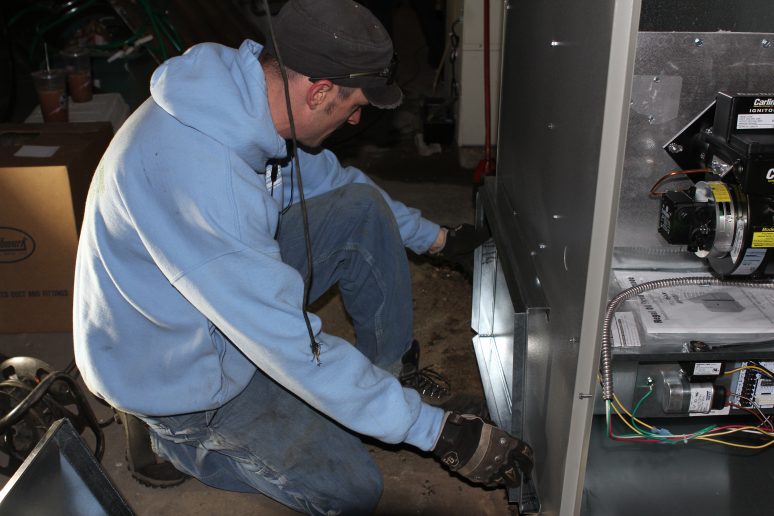Energy Programs
ABCD’s energy programs – collaborating with local, state and federal government as well as corporate partners – keep vulnerable households safe in the life-threatening cold of New England winters and make a dramatic contribution to reducing energy costs for low-income families in communities statewide.
Energy Conservation Programs
ABCD: a leader in state-wide initiatives that save millions for low-income households
ABCD provides direct energy conservation services for low income families in the form of heating system replacements, weatherization, air sealing, lighting, and appliance replacement, funded through a combination of federal, state and utility sources. These efforts result in millions of dollars of annual savings for Boston’s vulnerable households.
As one of the co-founders of LEAN (Low-Income Energy Affordability Network) and the lead vendor for Eversource and Columbia Gas, ABCD has a leadership role in the design and implementation of statewide programs serving low-income families in single and multi-family buildings under the state Mass Green Communities Act. These coordinated efforts, through our statewide community action partners provide conservation services to approximately 45,000 low income households annually with approximately 85 million in annual funding. For the second time in 4 years, the ACEEE (American Council for an Energy Efficiency Economy) recognized the Massachusetts LEAN network with the “Exemplary Program” award.
ABCD is actively planning for the next three-year funding cycle with new measures including air source heat pump retrofits, integrated energy controls, updated air-sealing techniques and other innovative measure developments which will result in additional savings for low-income families.

Fuel Assistance
As the official Low-income Home Energy Assistance Program provider for Boston, Brookline, Newton, Malden, Everett, Medford, Melrose, Woburn, Winchester and Stoneham, ABCD received more than 24,000 applications for critically needed fuel in the bitter 2017-18 winter. The federal fuel assistance allocation provided a maximum benefit of $1,400, paid to the fuel vendor.
Most ABCD fuel aid customers used up their benefits before Christmas and then faced a bitterly cold winter, marked by historically low temperatures in December and January that froze water pipes at unheard of rates, forcing families into the streets and shelters. March was peppered with blizzards and northeasters, causing massive power outages. It was the winter that refused to back down.
